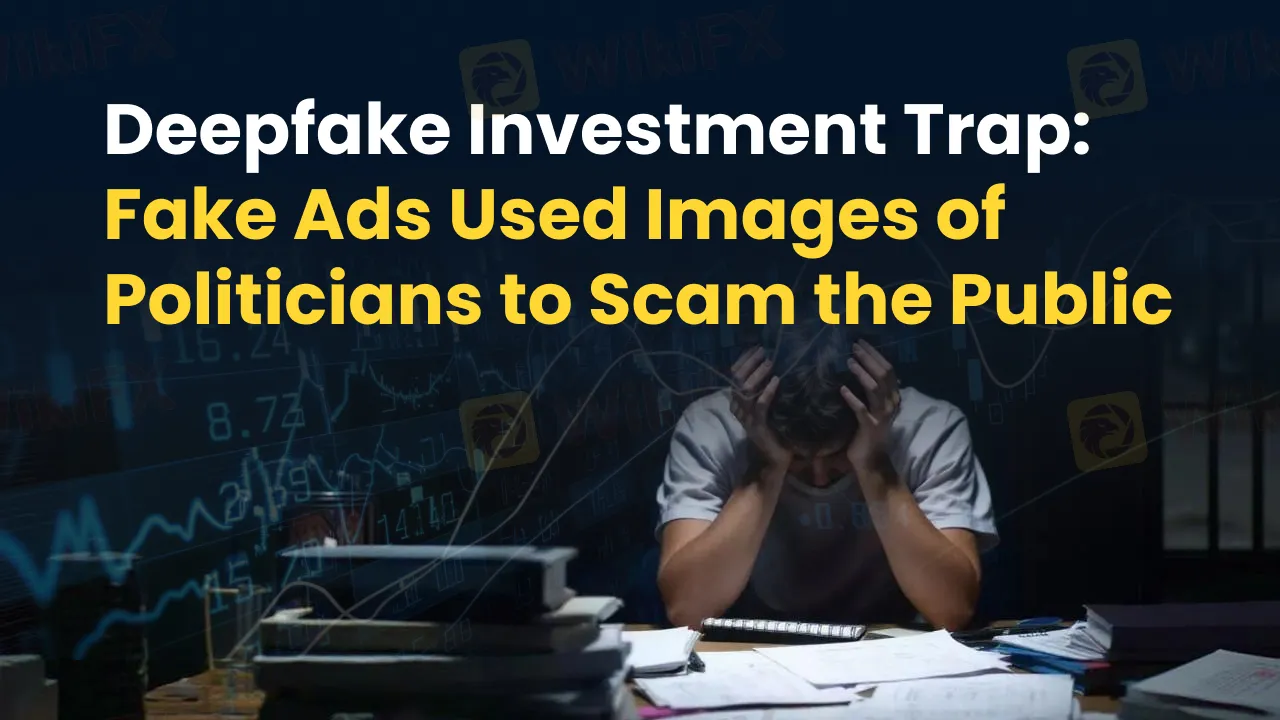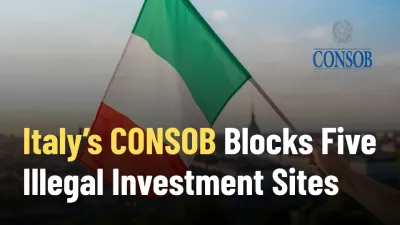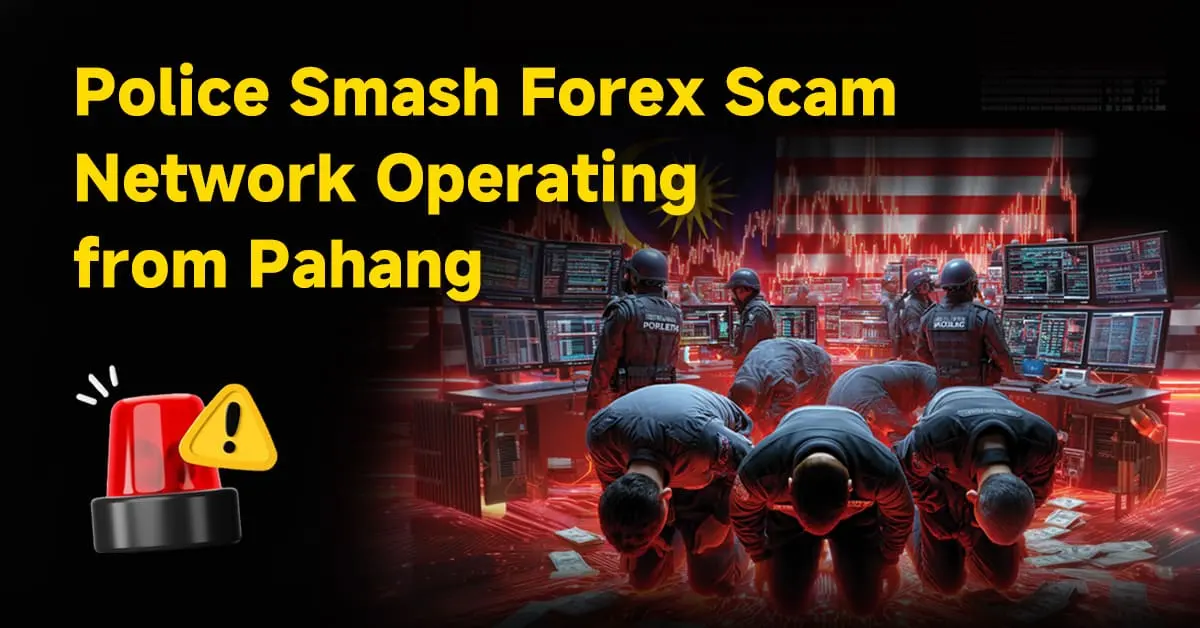Scam Victims Repatriated: Malaysia Thanks Thailand’s Crucial Help
31 Malaysians rescued from Myawaddy scam center returned home after joint cross-border operation
简体中文
繁體中文
English
Pусский
日本語
ภาษาไทย
Tiếng Việt
Bahasa Indonesia
Español
हिन्दी
Filippiiniläinen
Français
Deutsch
Português
Türkçe
한국어
العربية
Abstract:A new wave of online scams has emerged in Singapore, this time using verified Google ads that feature fake endorsements from political figures and claim to offer exclusive investment opportunities for Singaporeans.

A new wave of online scams has emerged in Singapore, this time using verified Google ads that feature fake endorsements from political figures and claim to offer exclusive investment opportunities for Singaporeans. The scheme has already lured more than 3,800 people into clicking these ads in October alone, with nearly one in five redirected to fraudulent websites where many lost money.
The scam centres around a fake investment platform known as “Immediate Era”, first uncovered by Singapore-based cybersecurity firm Group-IB. The company reported that fraudsters used authentic-looking Google advertisements to promote “high-yield” investment schemes, featuring doctored images of Prime Minister Lawrence Wong and Home Affairs and Law Minister K. Shanmugam.
Once users clicked on the ads, those accessing them from a Singapore IP address were redirected to a fraudulent investment website. Visitors from other countries were diverted to harmless pages.
The site mimicked a legitimate news portal, showing edited images and fake headlines suggesting that Singapores leaders had endorsed a local investment opportunity. It falsely claimed that anyone could earn S$45,000 a month by investing just S$350, and invited users to submit personal information. Scammers then contacted victims directly, guiding them to open accounts on a fake trading platform and deposit at least US$250 (about S$323).
According to Vladimir Kalugin, Group-IBs Head of Unified Products Operations, at least 3,808 Singaporean users clicked on the fraudulent ad in October, with 18% of them directed to malicious websites. Based on the minimum deposit requirement, Kalugin estimated that Singaporeans collectively lost over US$170,000 (S$220,000) in just one month.
He added that the scam was financed through ad accounts registered in Bulgaria and other countries, and that new phishing sites were continually created to replace those taken down. Group-IB has since notified local authorities, and the Singapore Police Force confirmed that an investigation is underway.
Cybersecurity specialists warn that this case marks an alarming evolution in investment fraud. Lincoln Lim, Executive Vice President of Consulting at Advisense Information Security, noted that scammers are increasingly leveraging deepfake imagery and behavioural targeting to appear credible.
Both Lim and Kalugin urged the public to be cautious of any online advertisement or article claiming endorsements from government officials, reminding that public figures do not promote investment products through unverified platforms or digital ads.
Although the scam was uncovered in Singapore, its structure and tactics closely mirror those used in cross-border investment frauds that often target investors in neighbouring countries. Such operations could easily spread into Malaysia. Malaysians should remain vigilant and verify any investment opportunity, particularly those promising unusually high returns.

Disclaimer:
The views in this article only represent the author's personal views, and do not constitute investment advice on this platform. This platform does not guarantee the accuracy, completeness and timeliness of the information in the article, and will not be liable for any loss caused by the use of or reliance on the information in the article.

31 Malaysians rescued from Myawaddy scam center returned home after joint cross-border operation

CONSOB orders the blocking of five unauthorized investment websites in Italy as part of its ongoing effort to curb financial fraud and protect investors.

A police raid on an unassuming home in Pahang has exposed a covert app-based fraud operation targeting foreign investors.

FSMA alerts the public to growing WhatsApp scams using fake investment tips, identity theft, and fraudulent trading apps targeting investors on social media.
